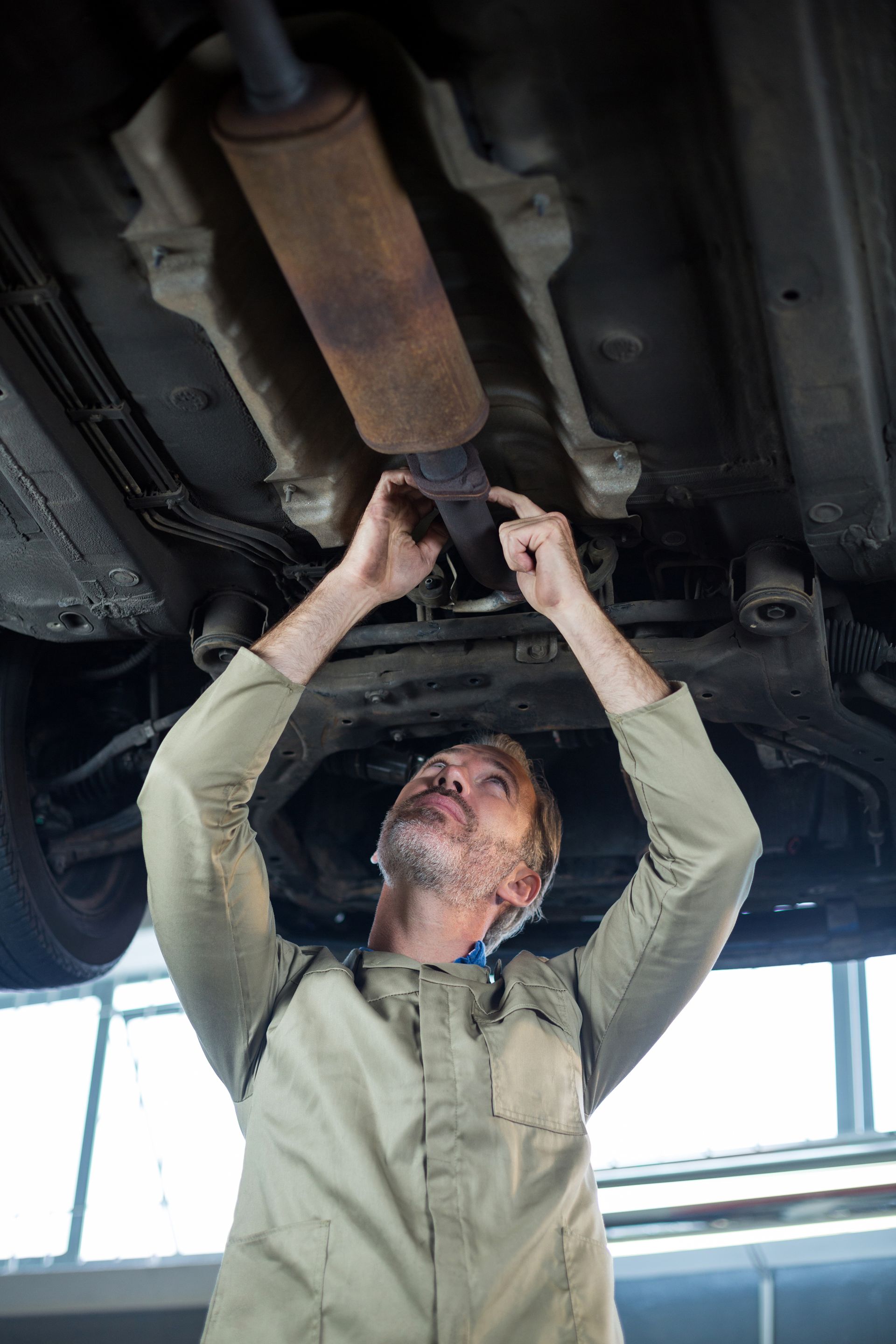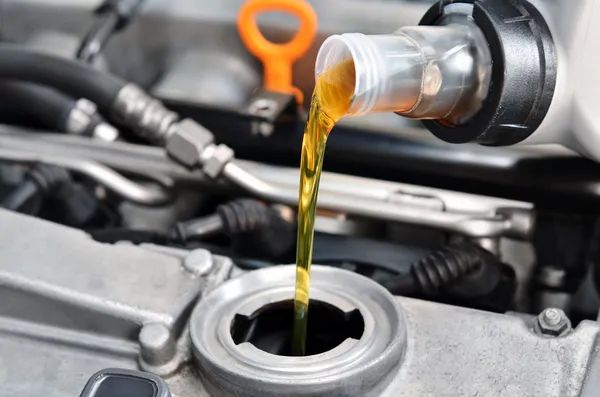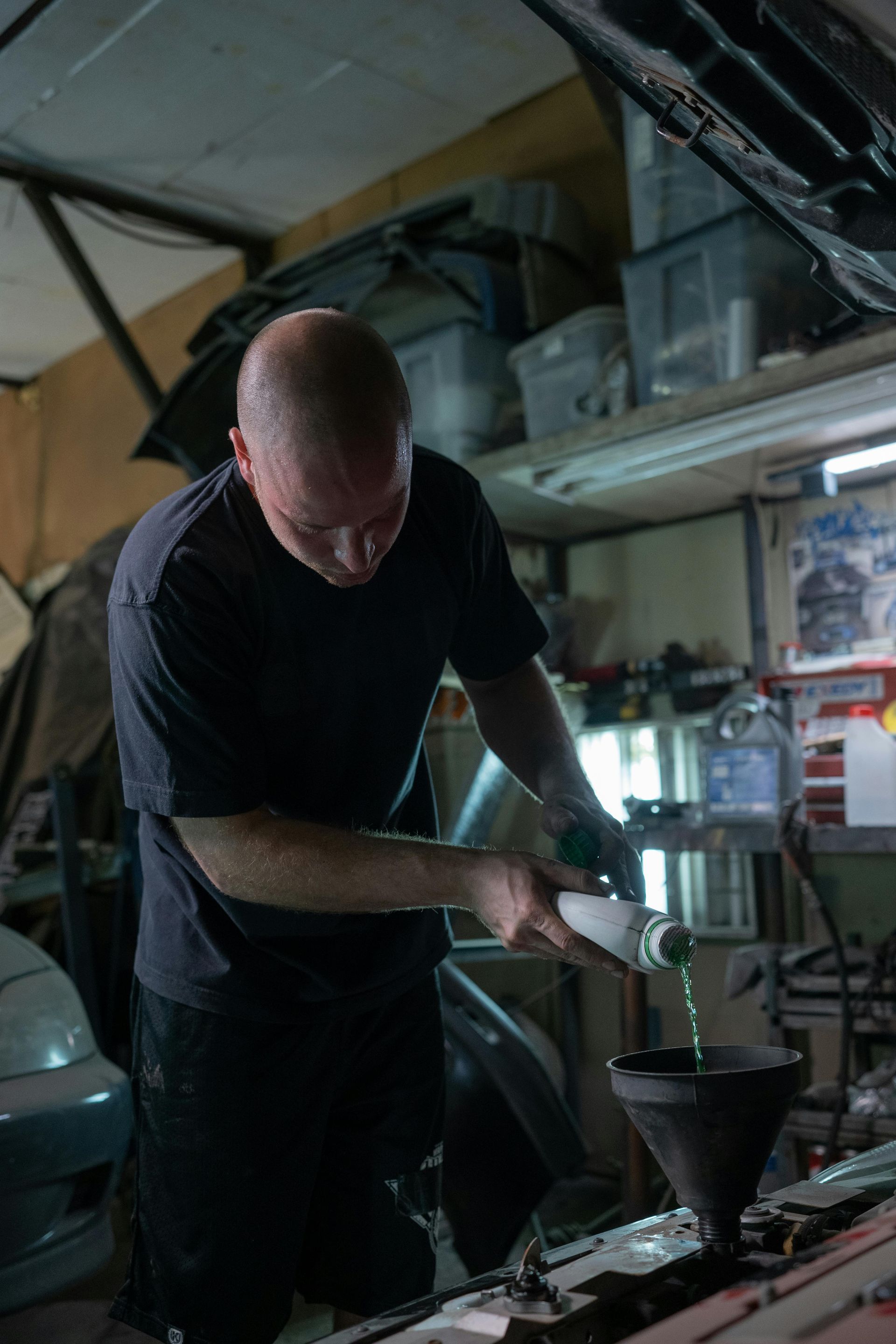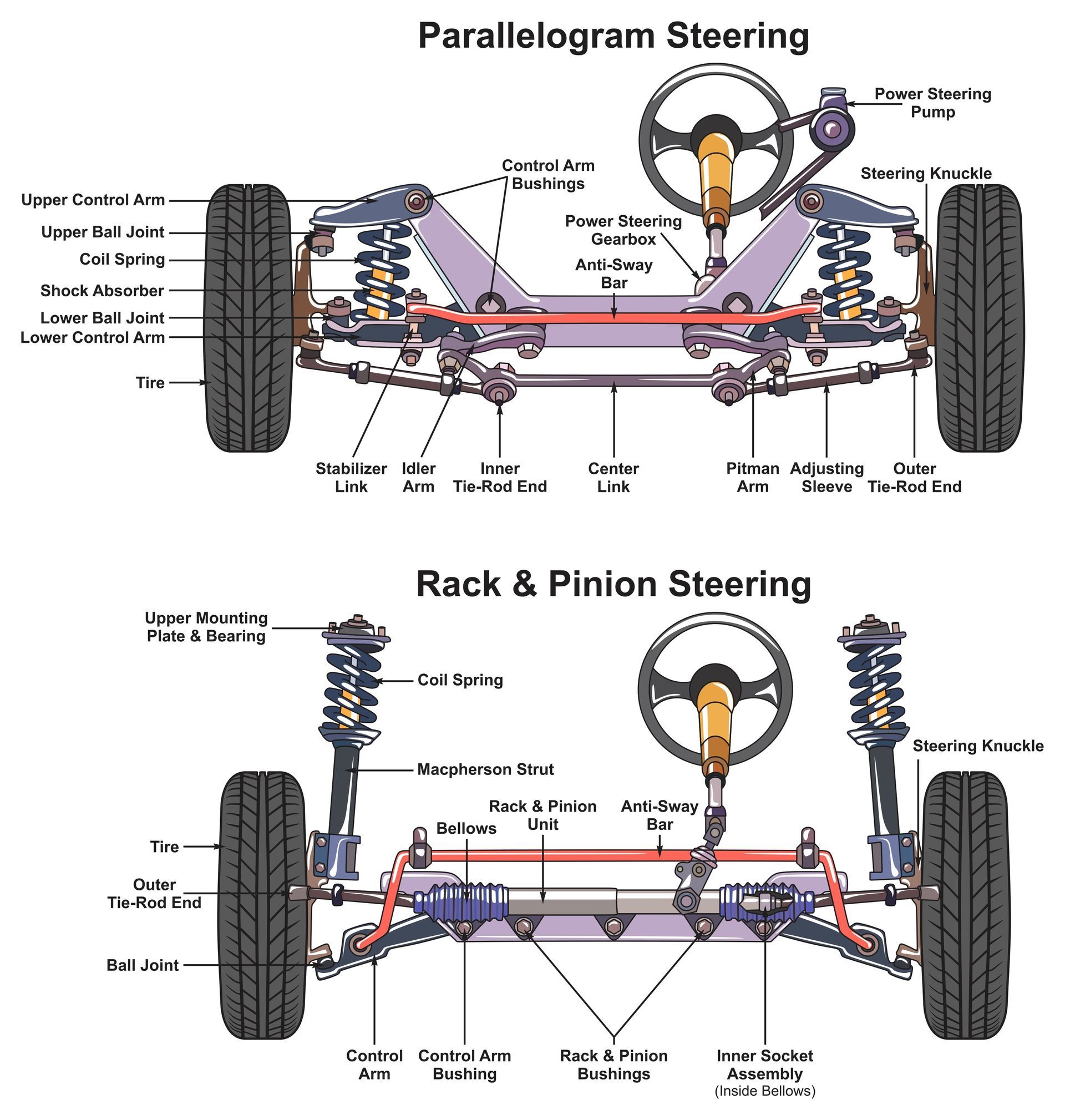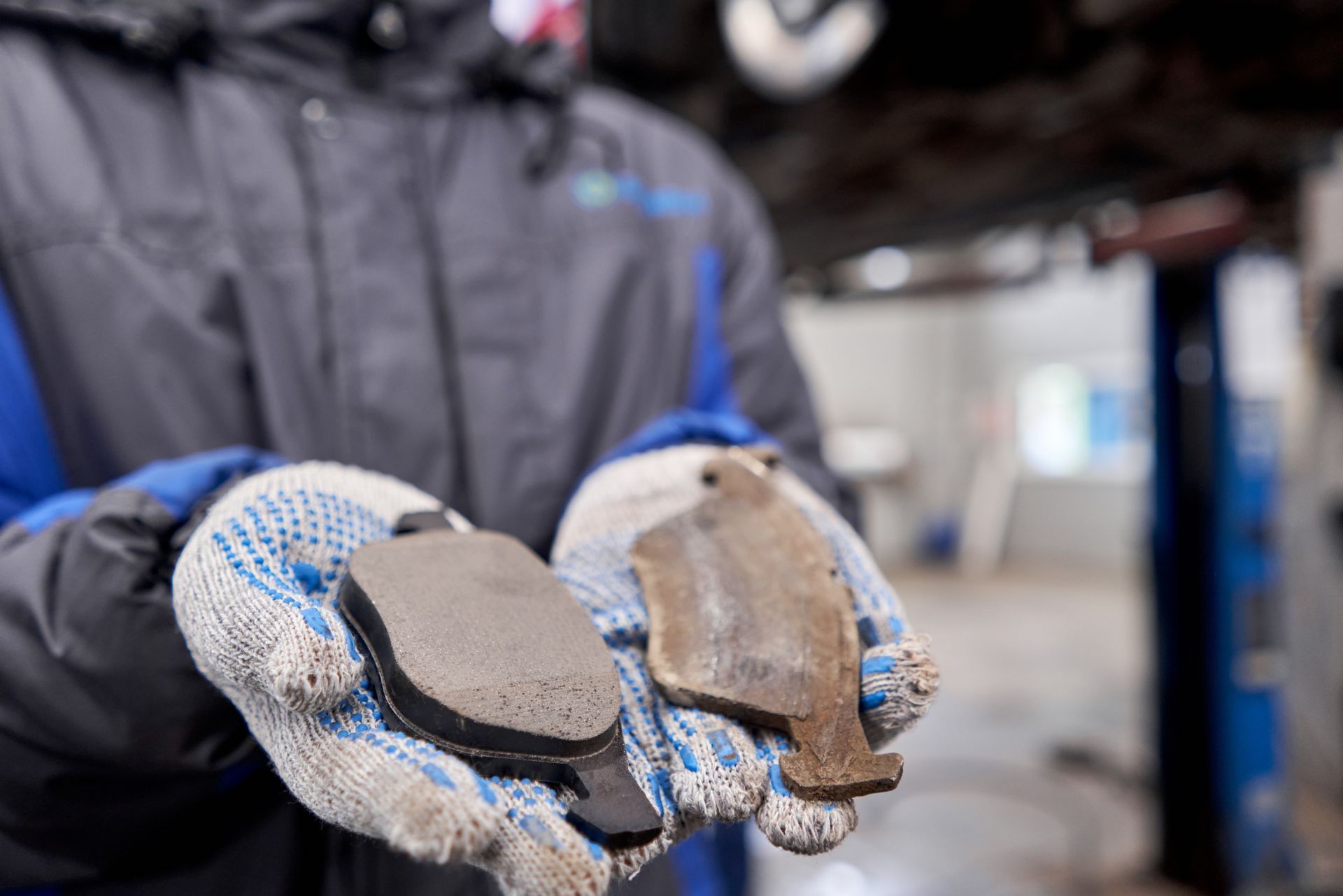If you're experiencing problems with your vehicle's fuel system, it can be a frustrating and potentially dangerous situation. The fuel system delivers a precise amount of fuel to your engine. When it's not working correctly, you can experience reduced performance, decreased fuel efficiency, and even engine damage.
Here are some common fuel system repairs that you may encounter:
Fuel Filter Replacement: The fuel filter is in charge of filtering out dirt, debris, and other contaminants from the fuel before it reaches the engine. Over time, the filter can become clogged and cause reduced fuel flow, leading to poor engine performance. It's recommended to replace the fuel filter every 20,000-30,000 miles.
Fuel Pump Replacement: The fuel pump transports fuel from the gas tank to the engine. If the pump fails, your engine won't get the power it needs to run. Signs of a failing fuel pump include sputtering or stalling while driving, difficulty starting the motor, and a whining noise coming from the fuel tank.
Fuel Injector Cleaning or Replacement: Fuel injectors squirt fuel into the engine's combustion chamber. Over time, they can become clogged with dirt and debris, reducing engine performance and fuel efficiency. Cleaning or replacing the injectors can help to restore proper fuel flow and enhance engine performance.
Fuel Tank Cleaning: Over time, sediment and debris can accumulate in your vehicle's fuel tank, blocking the fuel filter and injectors. A fuel tank cleaning can help to remove this debris and improve fuel flow to the engine.
Fuel Line Replacement: A leak in your vehicle's fuel lines can cause a loss of fuel pressure and vehicle performance. Replacing the damaged fuel lines can help to restore proper fuel flow and engine performance.
It's important to address any issues with your car's fuel system immediately to prevent further damage and potentially costly repairs. For fuel system repairs in the Houston area, please bring your vehicle to Elite Auto Experts.
